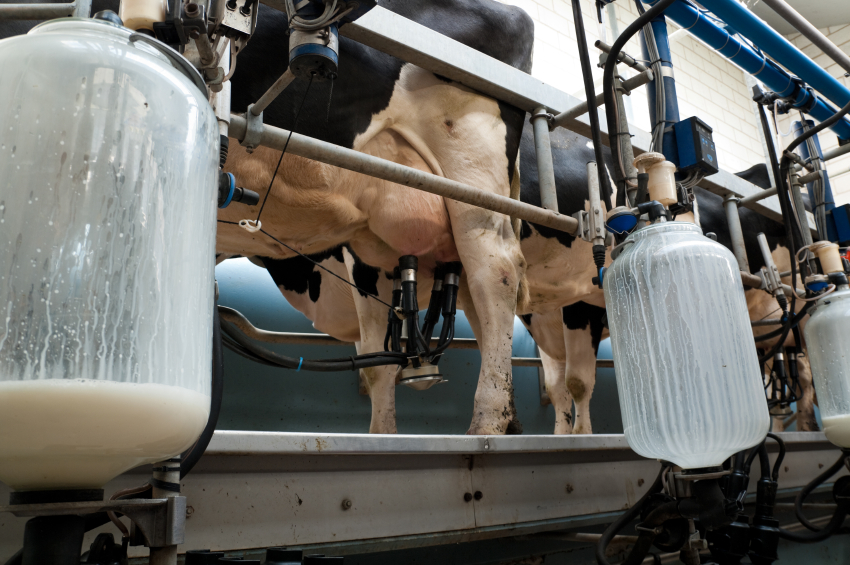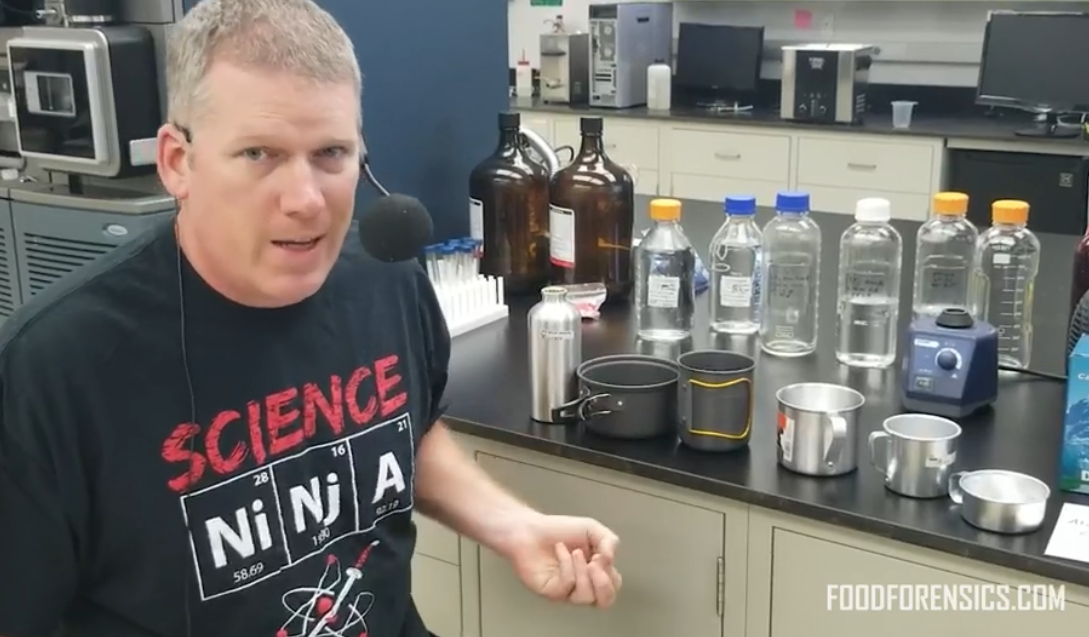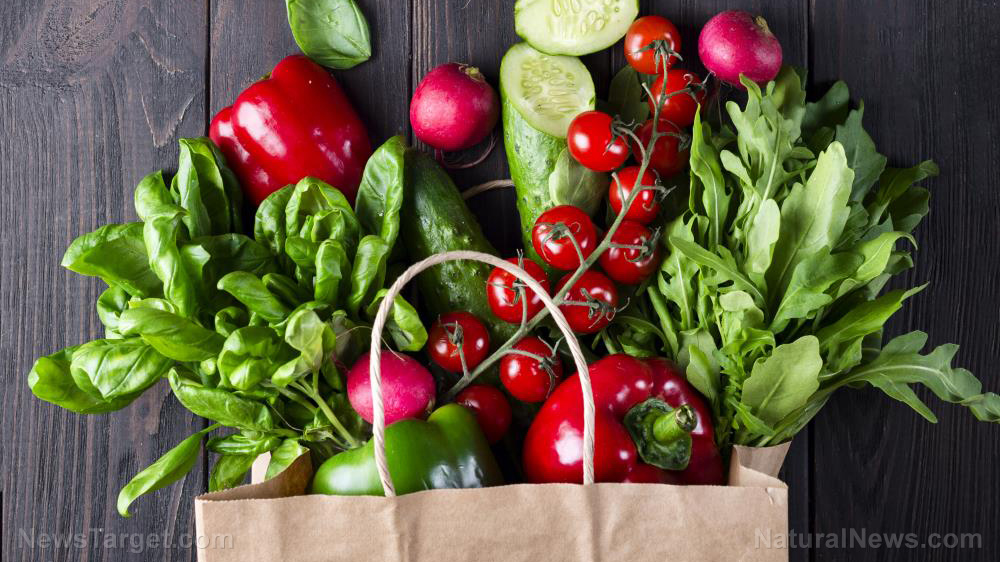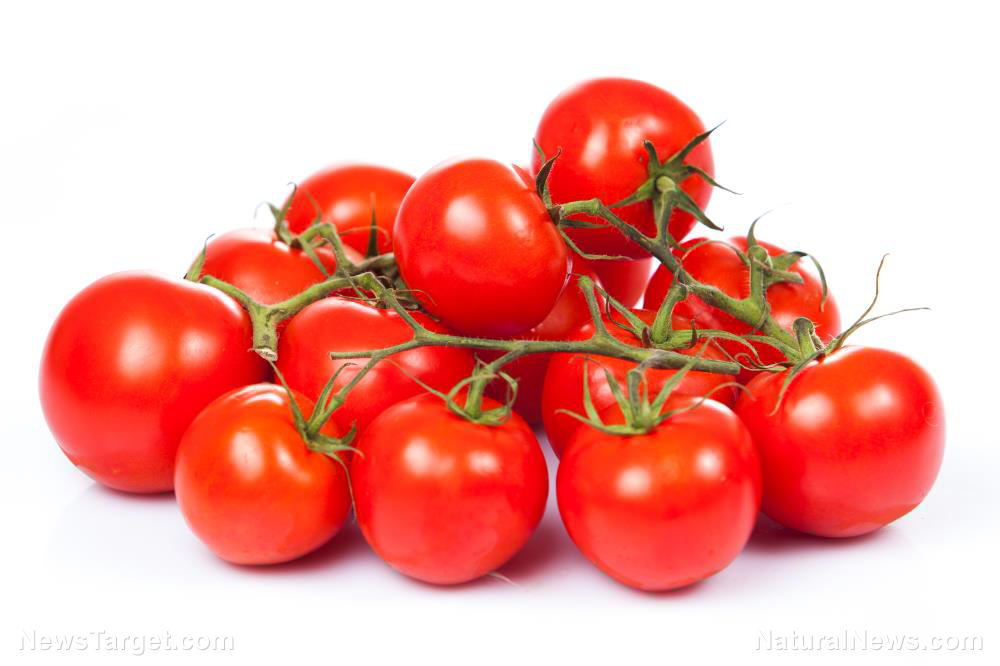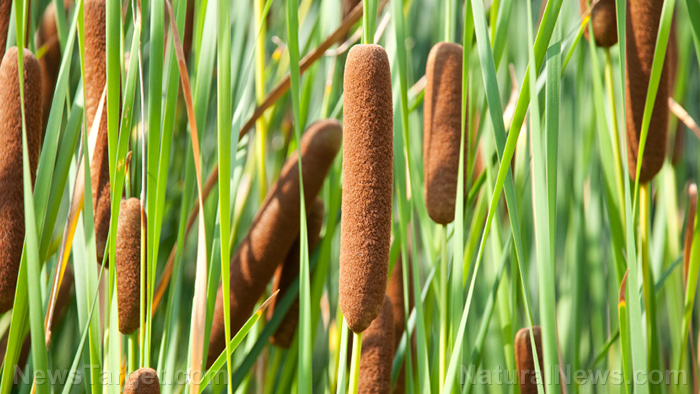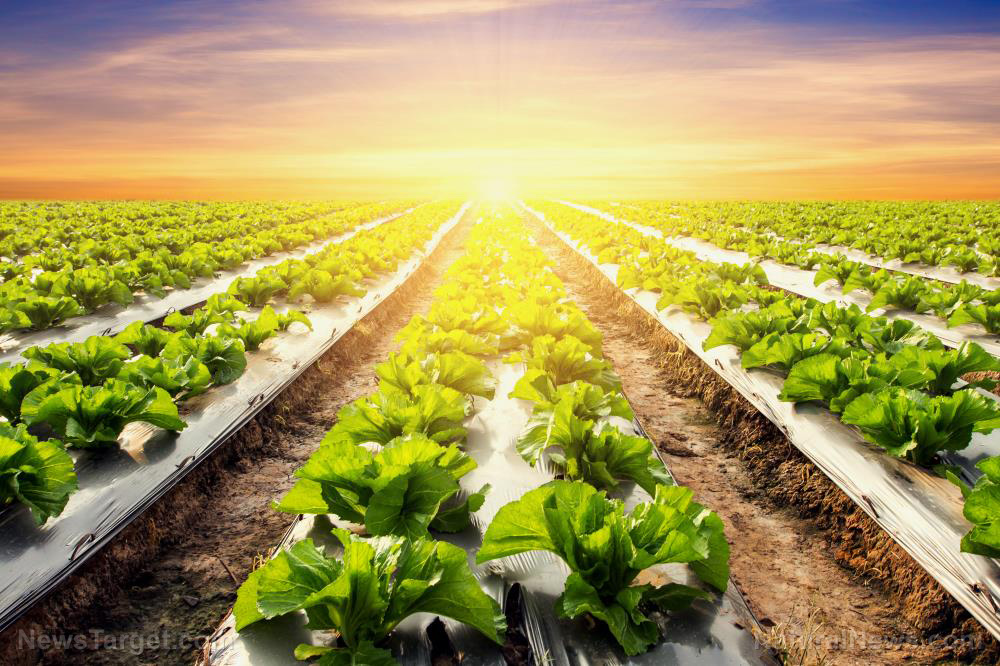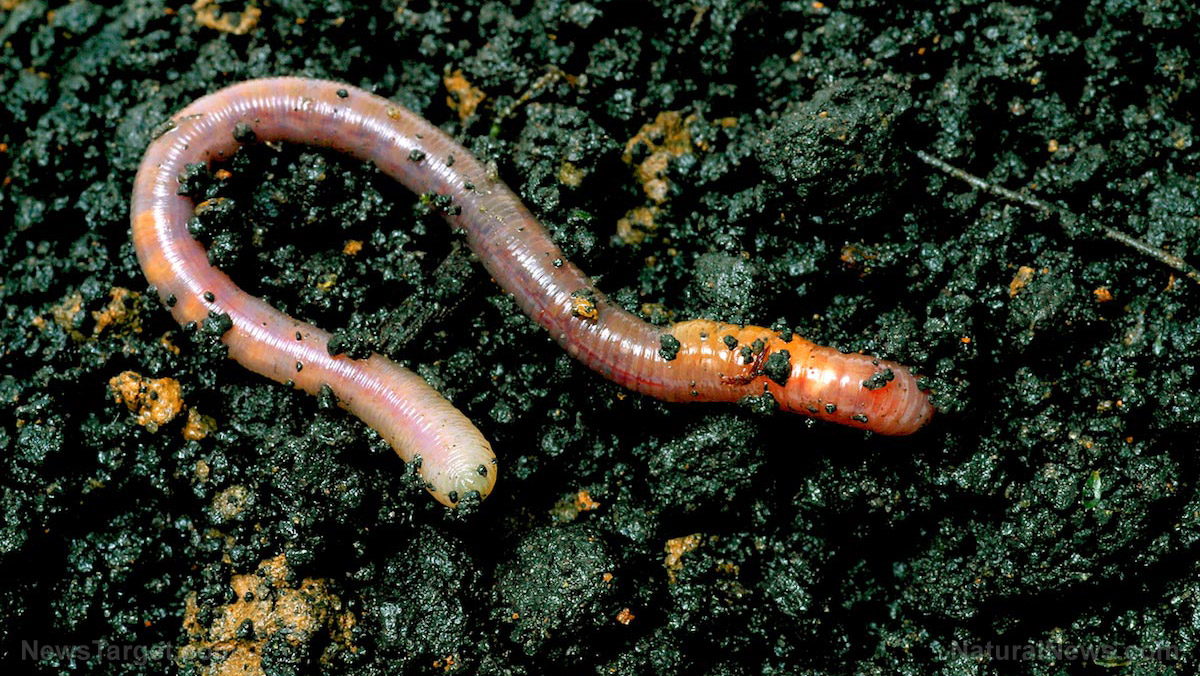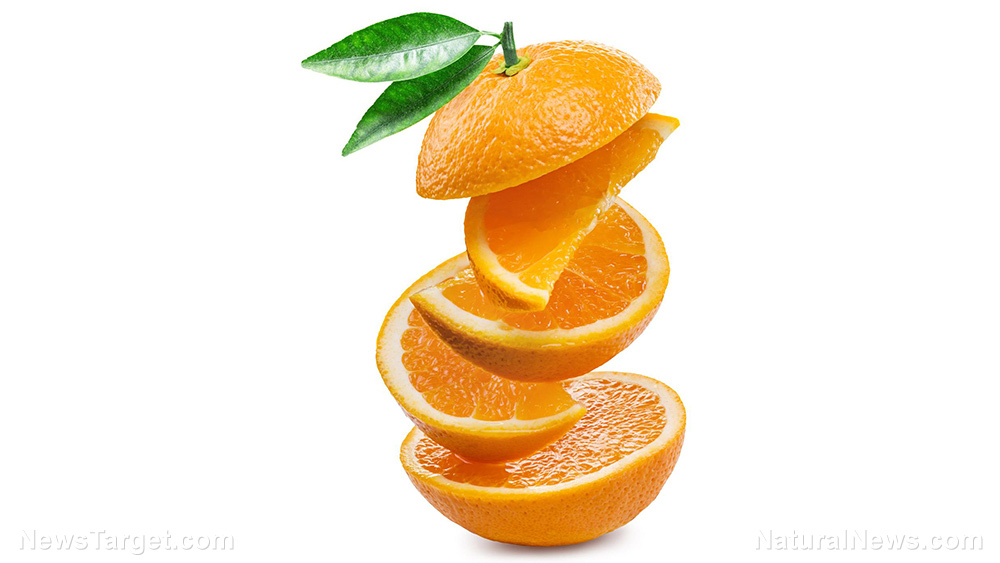Creepy crawlies love veggies, too: Video shows a microscopic hive of activity in the vegetables you buy
10/11/2019 / By Edsel Cook

Not in the habit of washing fruits and vegetables before cooking and chowing down on them? A recently released video showed all kinds of tiny insects, bugs, and microbes living on the unwashed surface of plant foods.
Danish biomedical student Martin Kaae Kristiansen studies at Aalborg University. The 28-year-old obtained several common vegetables from the local grocery.
Instead of taking the produce home, Kristiansen brought them to one of the laboratories in the university. He placed them beneath a microscope and scanned the surfaces of the veggies, which ranged from the skin of root crops to leaves and stalks.
He found that a handful of plant-based foods harbored large populations of insects and bugs. Some of the most prevalent types were midges, mites, and roundworms. He also spotted the larvae of other insects, including a species that he was unfamiliar with. (Related: Making and cultivating a garden on your own – no more grocery shopping, ever.)
The “dirt” on fruits and vegetables may be dead insects and bugs
“Most of the organisms are harmless to humans but not all of them,” Kristiansen explained. “I found at least two of every organisms seen in this video and the samples were only taken from a few vegetables.”
His four-minute-long video pored across the unwashed surface of several popular vegetables. Carrots, celery, leeks, and potatoes came under the sharp lens of the microscope.
Kristiansen reported that some of the “dirt” covering the various vegetables turned out to be dead bugs and insects instead of soil. He likened the instances to cemeteries for the arthropods.
One showed mold growing on the corpses of the insects. The animals must have perished a while back for the fungi to colonize their dead bodies.
Mites comprised many of the microorganisms recorded by Kristiansen. Another plentiful group was nematodes.
Nematodes are parasites that use humans as a host. They also go by the common names of hookworms, pinworms, and roundworms.
Kristiansen believed that the roundworms he discovered on the food weren’t pathogenic species that directly undermined human health. Most of the specimens shown in the video were alive, but several dead roundworms also appeared.
A roundworm infection supposedly doesn’t trigger any overt symptoms. Accidentally consuming the eggs of the nematodes may trigger diarrhea, nausea, and pain in the stomach. Fortunately, there are foods that may expel parasites from the body.
This video shows exactly why you should wash fruits and vegetables
Kristiansen also found tardigrades on the vegetables. Also known as water bears, the microorganisms usually live in watery environments.
It seemed that the surface of the veggies proved sufficiently moist for them to spawn. One close-up shot showed the skin of a tardigrade with four unhatched eggs.
“They are known for being able to endure extreme conditions like enormous amounts of pressure, radiation and temperatures from absolute zero to boiling,” explained Kristiansen. “So its not surprising that they live on your food and also reproduce.”
Tardigrades have a solid claim to the title of the most indestructible creature in the world. They may even survive the harsh conditions on the moon for a long while. Fortunately, they appear to be harmless.
In contrast, a wriggling worm found on the surface of the produce turned out to be the larva of a flying midge. Some of these small flies bite animals, including humans.
The biting species of midges are potential vectors for infectious diseases around the world. They may spread malaria and yellow fever among humans.
While only a handful of the creatures pose serious threats to human health, Kristiansen’s video serves as a stern reminder to always rinse plant foods before eating or preparing them.
Sources include:
Tagged Under: animals, carrots, Celery, food preparation, fruits, infectious disease, insect larvae, insects, leeks, malaria, Microbes, midge, mites, mold, nematodes, organic produce, outbreak, parasites, plant foods, potatoes, roundworms, tardigrades, unwashed fruits, unwashed vegetables, vegetables, Veggies, Water Bear
RECENT NEWS & ARTICLES
COPYRIGHT © 2017 FOOD SUPPLY NEWS




